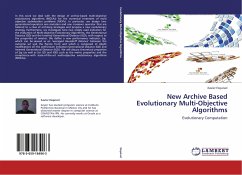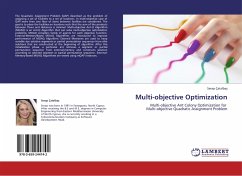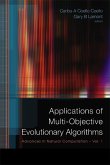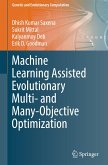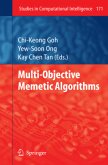In this work we deal with the design of archive based multi-objective evolutionary algorithms (MOEAs) for the numerical treatment of multi objective optimization problems (MOPs). In particular, we design two generational operators one mutation and one crossover operator that are tailored to a class of archiving strategies and propose a new evolutionary strategy. Furthermore, we investigate here two widely used indicators for the evaluation of Multi-objective Evolutionary Algorithms, the Generational Distance (GD) and the Inverted Generational Distance (IGD), with respect to the properties of ametric. We de ne a new performance indicator, p, which can be viewed as an averaged Hausdor distance between the outcome set and the Pareto front and which is composed of (slight modi cations of) the well-known indicators Generational Distance (GD) and Inverted Generational Distance (IGD). We will discuss theoretical properties of p (as well as for GD and IGD) such as the metric properties and the compliance with state-of-the-art multi-objective evolutionary algorithms (MOEAs).
Bitte wählen Sie Ihr Anliegen aus.
Rechnungen
Retourenschein anfordern
Bestellstatus
Storno

